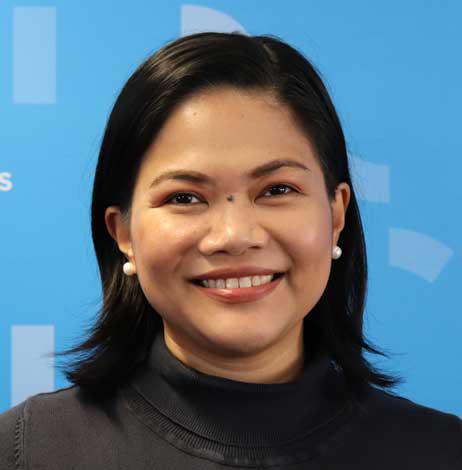Reshaping Workforces for a Greener Future: EdTech's Role in Enabling Sustainable Skills Transition
Right now, we need to transition to a green economy and reduce, if not eliminate, our reliance on fossil fuels and promote the use of renewable energy, which can help reduce carbon emissions and slow the pace of climate change.
Right now, we need to transition to a green economy and therefore green skills, which can help lead to increased competitiveness for businesses, drive economic growth and create new employment opportunities that are good for people and the planet.
According to the World Economic Forum (WEF), there are 1.1 billion jobs that are being transformed by technology and by 2030, there will be 395 million new roles that prioritize nature. This shift towards sustainability and the environment requires a mindset shift and focus on developing skills to meet the demands of the green economy.
But we don’t need to wait for 2030 to do the transition to green skills and invest in a culture of sustainability within the organization. Right now, we have an urgent need to reduce greenhouse gas emissions and mitigate the impacts of climate change.
Our organization’s contribution
The United Nations System Staff College is passionately committed to the cause of sustainable development.
Our work extends providing sustainable development learning beyond the UN, as we strive to support a diverse array of stakeholders, including governments, academia, businesses, and civil society organizations, in understanding and implementing the 2030 Agenda for sustainable development.
EdTech for Sustainable Development Learning
One of UNSSC’s key strategies involves the integration of educational technology or EdTech. Through EdTech, we are able to offer free, accessible, high-quality online programmes that delve into sustainable development concepts and practices. We leverage innovative technologies such as virtual reality to showcase real-life case studies of sustainable transformation. Moreover, we embrace gamified learning to promote sustainable living, with initiatives like our recently launched "My Sustainable Living Challenge."
These interactive educational experiences facilitate knowledge sharing and peer-to-peer learning, enabling our learners to understand not only what works, but also what doesn't. Our goal is to ensure that sustainable development education is accessible to all, including marginalized groups, preparing them for the future of work.
What else can the EdTech industry do?
The EdTEch industry are better experts in advanced learning technologies than the United Nations. I invite you to make sustainable development learning more accessible and affordable to vulnerable and marginalized groups and help them prepare for the future of work to ensure that they are not left behind in the advancement of learning technologies.
In particular, UNSSC seeks partnerships for creating immersive learning technologies that can help learners envision a better future, a future that they themselves can shape through positive actions today. If we can enable people to see the impact of their actions on theirfd future selves and their societies, we can inspire powerful change. We are also looking for partnerships that can democratize education through Open Educational Resources (OER) to advance global learning for all, without borders.
This blog is based on the author’s input as a panel speaker at the EdTechX 2023 Conference in London during the session titled ‘Reshaping Workforces for a Greener Future: EdTech's Role in Enabling Sustainable Skills Transition’ on 22 June 2023. You may reach out to Paulyn Duman at p.duman@unssc.org if you have any comments or questions.

